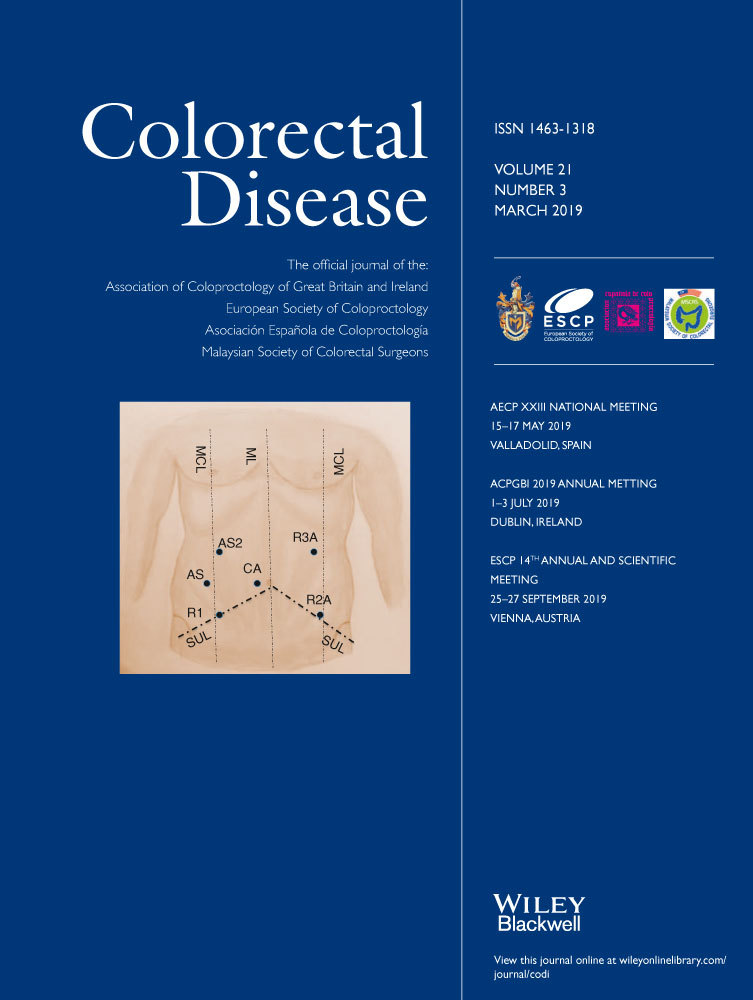Emergency general surgeons, subspeciality surgeons and the future management of emergency surgery: results of a national survey
Abstract
Aim
This study aimed to survey consultants’ experience of working as or with emergency general surgery (EGS) surgeons and to investigate the role they fulfil in the management of general and subspeciality emergencies.
Method
An electronic survey, designed to capture both quantitative and qualitative data, was piloted and then circulated to members of the Association of Coloproctology of Great Britain and Ireland.
Results
Two hundred and forty-two responses were received from 848 recipients (a 29% response rate) covering 104 of 135 (77%) acute NHS Trusts in England. EGS surgeons were in post in 43/141 (30%) hospitals overall and 12/24 (50%) of hospitals in London. Most respondents working in units with EGS surgeons found them to be advantageous (46/63, 73%). Consultants working with EGS surgeons were significantly more likely to support their use (49/63, 78%) than those without them (83/178, 47%) (χ2 = 16.9, P < 0.001). EGS surgeons were considered to improve the delivery of EGS (78%), create time for subspecialists (70%) and provide service (73%). However, there were concerns about the quality of surgery (43%), an insufficient standard of specialist care (54%) and compromise in the training of juniors (25%). Respondents commented on a lack of job structure with a high attrition rate (21%), the insufficient quality of applicants (18%) and that subspecialization and split on-call was preferable (17%).
Conclusion
Respondents were supportive of the ability of EGS surgeons to relieve pressure on subspecialists; however, there were significant concerns about the sustainability and quality of the EGS surgeon role. Emergency colorectal resections should have the input of a surgeon who performs elective colorectal resections.
Conflicts of interest
The authors are members of the Emergency General Surgery Working Group of the Association of Coloproctology of Great Britain and Ireland. They declare no other conflict of interest.




